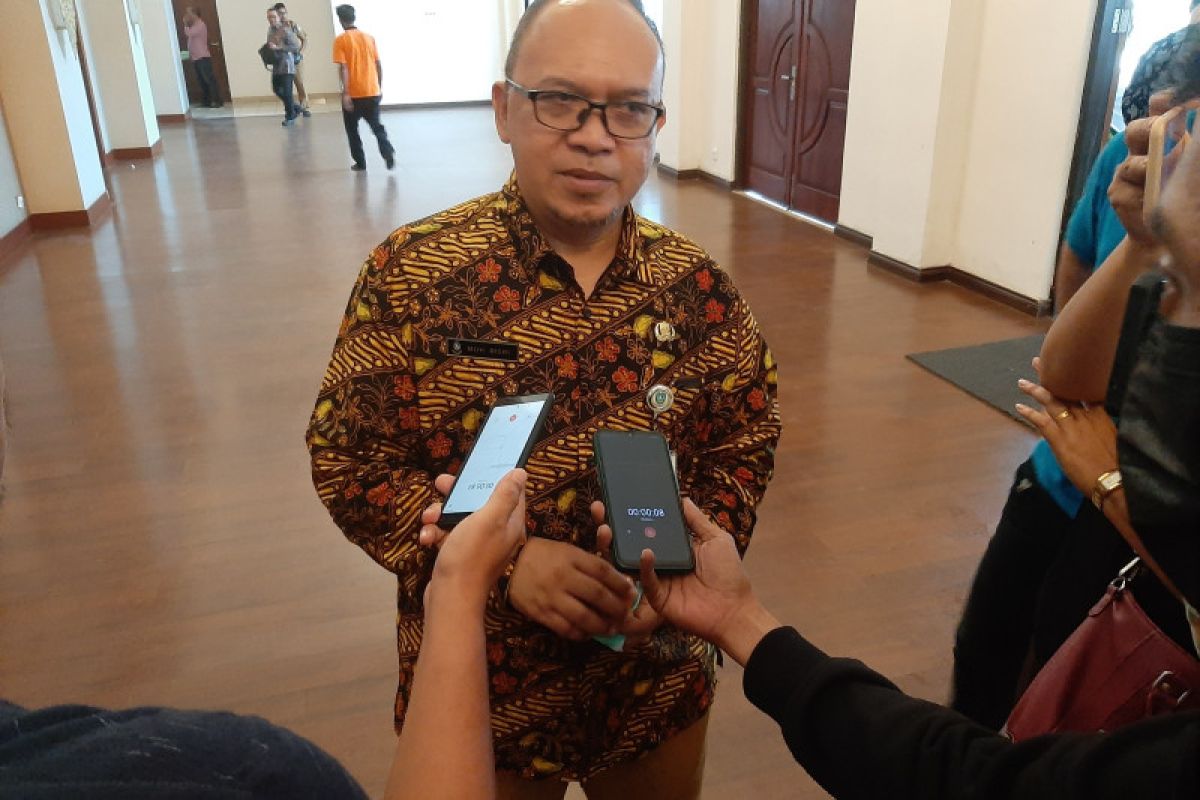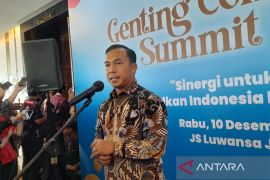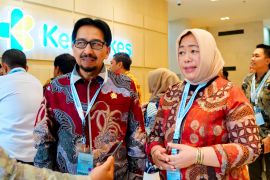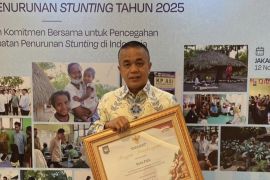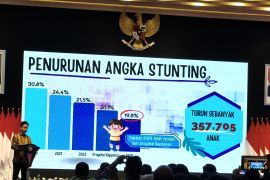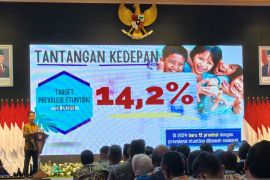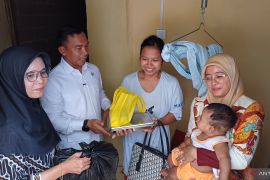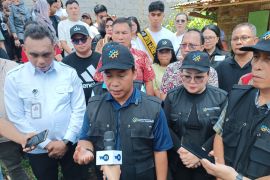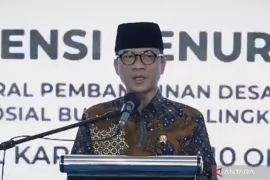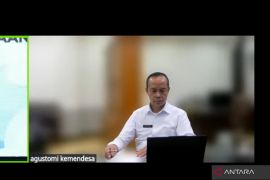"Village heads are among those at the forefront of stunting prevention because they are the ones that know the most about the condition of the community," head of the office, Mochammad Bisri, said here on Thursday.
According to him, village governments must collect data on stunting cases in their respective regions by cooperating with community health centers (puskesmas) and integrated health posts (posyandus)
In addition, village governments are expected to allocate a portion of the village funds for stunting prevention and handling efforts.
Related news: Central Java shares stunting reduction strategy with West Sulawesi
He said that village governments could use the allocated funds to support the provision of nutrition improvement services in posyandus, including providing nutritious food for pregnant women, breastfeeding mothers, infants aged zero to six months, and children aged 7 to 23 months.
"For example, if a child is stunted due to malnutrition, the village government can use village funds to help fulfill the child's nutritional needs," he explained.
Bisri also outlined the Ministry of Health's plan to establish prime posyandus supported by medical and paramedical personnel to coordinate with posyandus in villages on carrying out stunting prevention and handling efforts.
“So, if there is a problem in the village, for instance, a stunting case, it can be followed up faster," he remarked.
He underlined that the handling of stunting needs the involvement of the government from the upper to the lower levels as well as the community.
The health office head informed that in 2021, the stunting rate in Riau Islands had declined from 20 percent to 17.2 percent. The government is targeting to reduce the stunting rate to 14 percent by 2024.
Related news: FP workers should inform about father's role in stunting prevention
Translator: Ogen, Raka Adji
Editor: Rahmad Nasution
Copyright © ANTARA 2022
